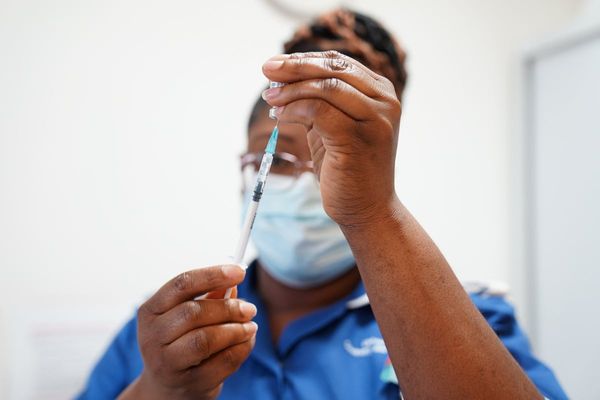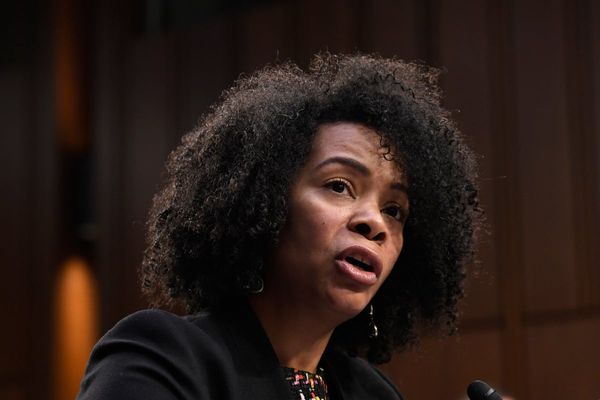Imagine, for a moment, if the NCAA Tournament bracket didn’t have to include conference tourney winners.
Bombastic broadcaster Dick Vitale would not have had to follow through on his promise to stand on his head after Austin Peay stunned Illinois.
Jim Valvano’s “Cardiac Pack” probably would have missed the NCAA Tournament altogether in 1983, robbing the sport of one of its most inspiring national champions.
Am I laying it on thick enough?
Someone has to defend one of the best parts of the entire college basketball season, because it appears to be under attack.
If you love the annual intensity of Arch Madness and can’t wait to see Drake and Loyola go at it in St. Louis soon . . .
If you still think of Florida Gulf Coast’s 2013 run every time you see a perfectly executed alley-oop . . .
If you relished Murray State turned Memphis Grizzly guard Ja Morant’s sensational triple-double against Marquette in the 12th-seeded Racers’ takedown of fifth-seeded Marquette in 2019 . . .
I’m with you.
None of these March Madness memories — good or bad — would have been possible without conference tournaments providing automatic bids to the big dance for late-bloomers.
Norfolk State, second in the Mid-Eastern Athletic Conference regular-season standings, was without an NCAA Tournament spot until it won its conference tournament and stunned the second-seeded Missouri Tigers as a No. 15 seed in 2012.
Third-seeded Illinois never saw little No. 14 seed Austin Peay coming in 1987, and it would not have had to worry about the Governors at all if Richie Armstrong’s 30-footer had not beaten Eastern Kentucky in the Ohio Valley Conference tournament.
Florida Gulf Coast — remember Dunk City? — would not have captured our hearts in 2013 without an Atlantic Sun tournament championship that supplanted its second-place regular-season finish. Same for Morant’s Racers, who in 2019 beat co-regular-season-champion Belmont in the OVC tourney to set up their takedown of Marquette.
Folks tend to forget Valvano’s unforgettable NC State team’s epic run to glory started when the Wolfpack went from NCAA Tournament outsider to ACC tournament champion.
So, consider all of these examples before you simply buy into the idea that canceling or encouraging teams to opt out of conference tournaments is the right thing to do during this COVID-19-challenged college basketball season.
By now you have probably heard the popular arguments for the concept. No one who truly loves college basketball should agree with it.
A one-year elimination or wide-scale distortion of college basketball’s conference tournaments and their accompanying automatic NCAA Tournament bids could, theoretically, be viewed as a way to protect the NCAA Tournament from the pandemic. Advocates point to the calendar as evidence.
Selection Sunday is scheduled for March 14, with the First Four games following on March 18. But before teams that make the 68-team field can travel to Indiana to compete, members of the traveling party must string together seven consecutive passed COVID tests.
Most conference tournament championship games, and each one from the Power 5 conferences, are scheduled for the weekend of March 13-14. That means teams will need to stack up COVID tests required for entry into the NCAA Tournament’s bubble-like setting while they are playing games in their respective conference tournaments. The fear is conference tournaments present a potentially riskier situation than, say, simply having teams stay put on their respective campuses for testing and practicing while they wait to find out their Selection Sunday fate.
Cancel the conference tournaments to better protect the NCAA Tournament, some have argued, because the pandemic claiming a second consecutive NCAA Tournament would be disastrous. (USA Today recently reported the cancellation of last year’s NCAA Tournament resulted in a $600 million decline in total annual revenue that trickles down to member institutions and helps fund all kinds of things, including non-revenue sports.)
If conferences are too committed to the TV cash flow from those tournaments to cancel them, others have argued, then individual teams already in position to receive at-large NCAA tourney bids should take matters into their own hands by opting out of conference tournament play. No coach has picked that path yet. If one does, more might follow. A survey of coaches by CBS Sports found 25% of 40-plus coaches surveyed don’t think conference tournaments should take place this season.
“I’ve never understood conference tournaments,” South Carolina coach Frank Martin told CBS Sports. “After beating the living you-know-what out of each other for 2½ months? I get why it’s done. Money. I wouldn’t be against taking a deep breath this year and saying, you know what, let’s utilize that time to try and make up games for the ones we missed and let’s just crown a regular-season champion.”
It’s always rich to hear a well-compensated coach of unpaid students cite the money tied up in the game as a bad thing while conveniently ignoring the amateurism sham. Especially in this instance, in which the driving force behind those pushing to cancel conference tournaments is not player safety, but a desire to protect the NCAA Tournament jackpot.
If the overlap of sports and the pandemic has taught us anything, especially in the murky ethical realm of college sports, it’s that there are no easy answers.
But if the idea of attempting to play through the pandemic was to protect and preserve the madness that is March — and not just the payday it creates — then college basketball should not forget the magic starts when conference tournaments begin, not when they end.







